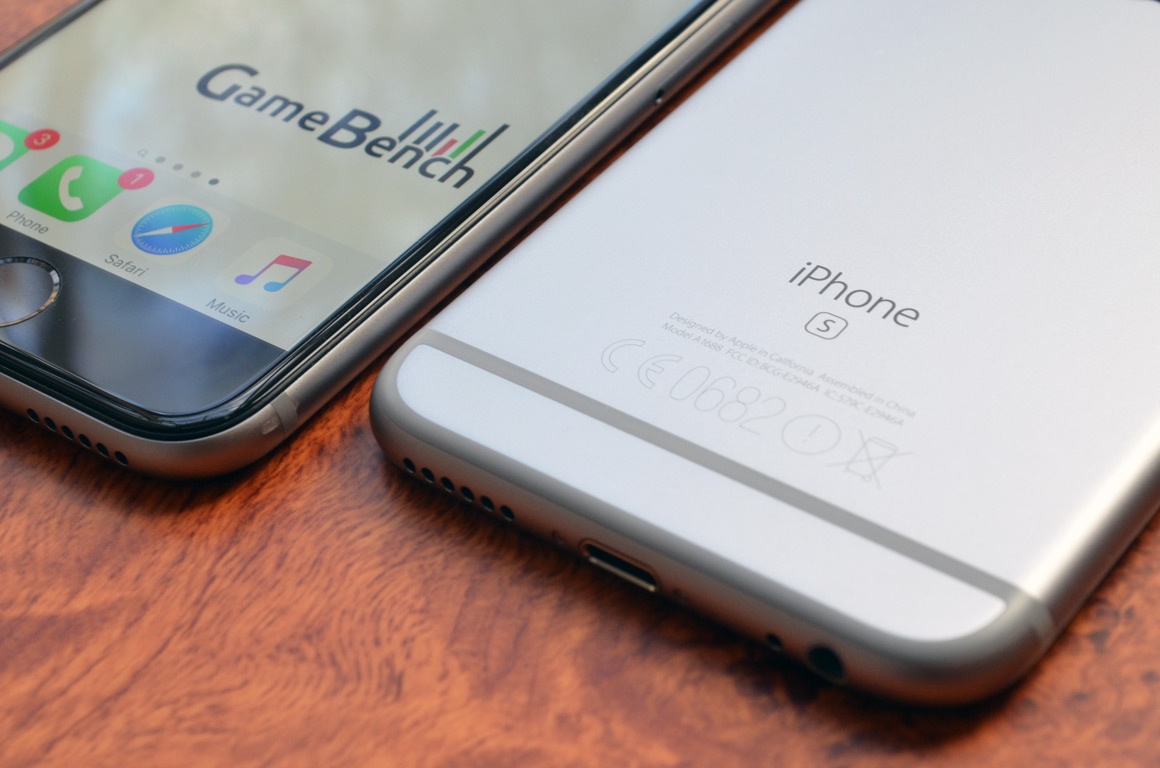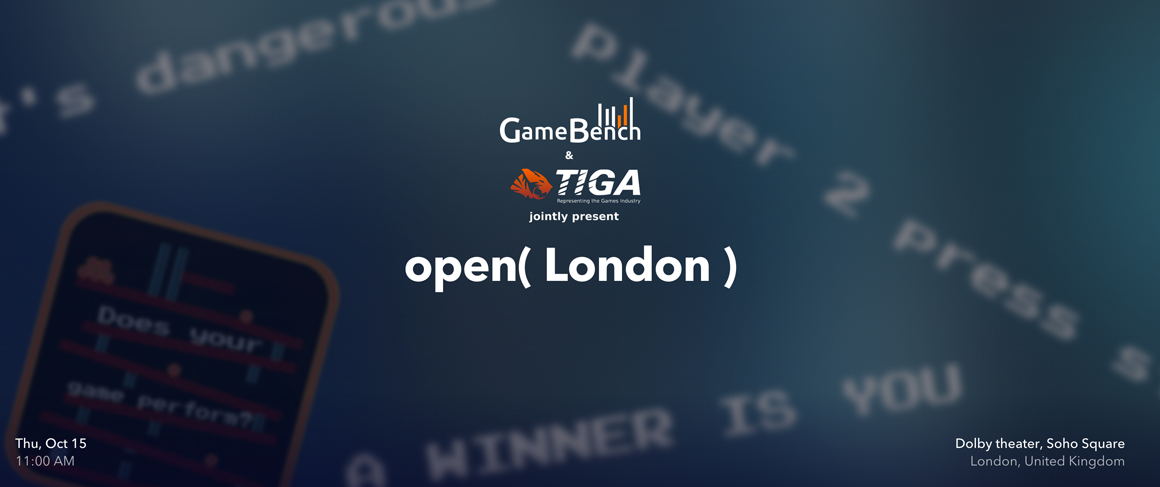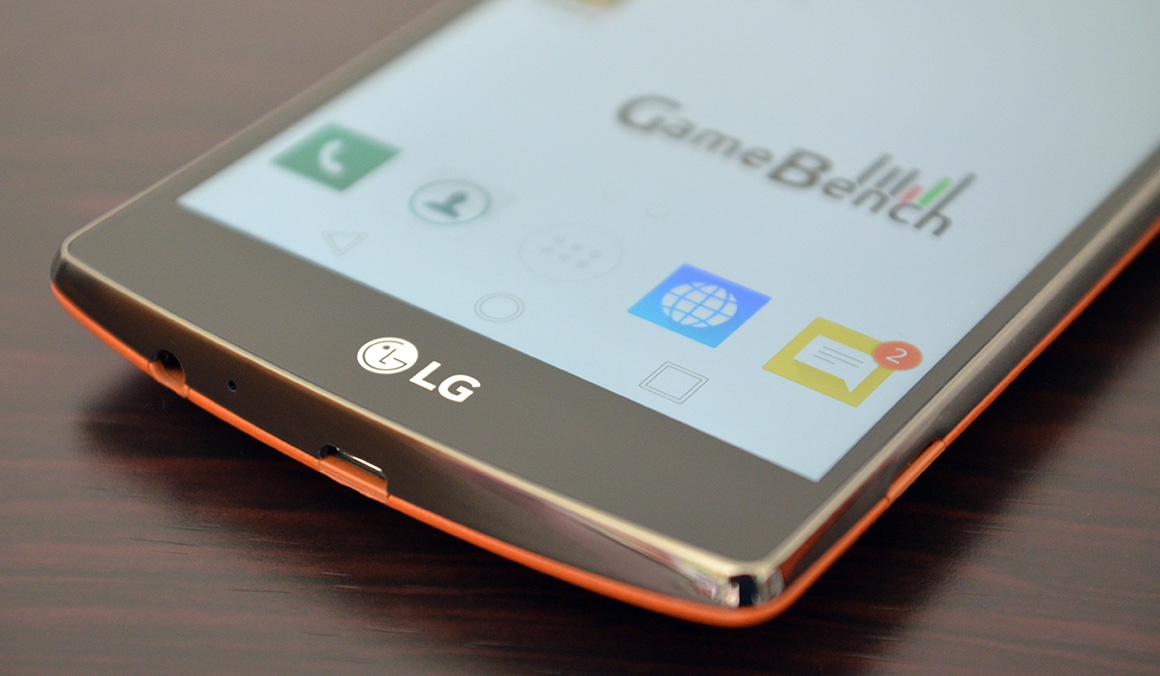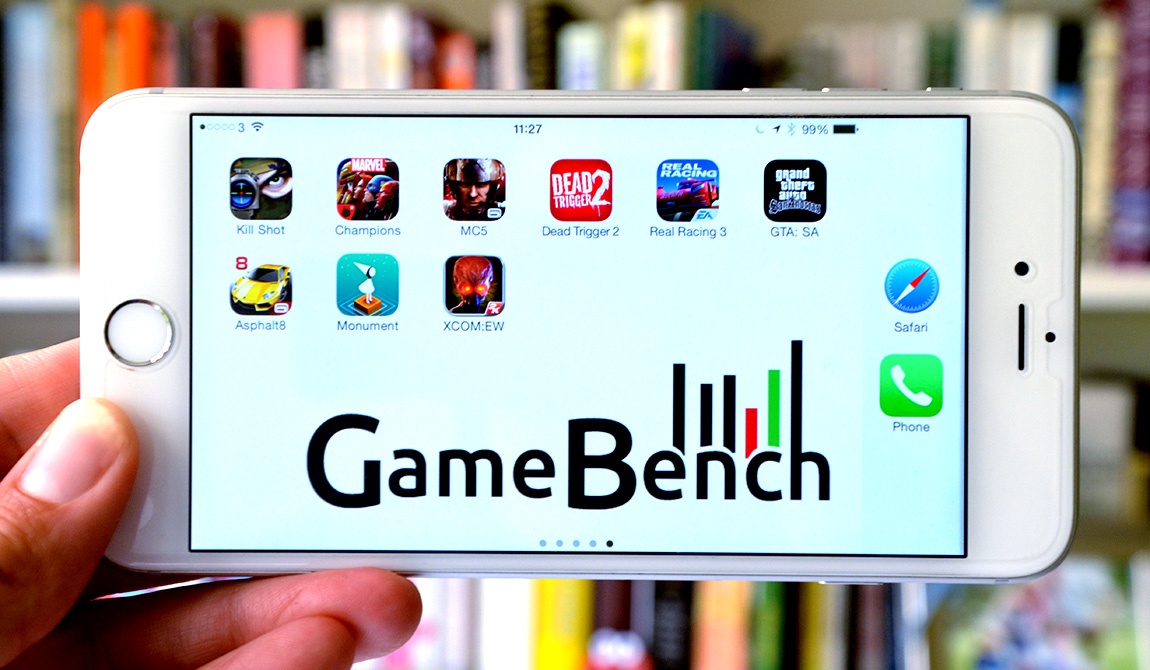We've just completed a thorough round of game testing on the iPhone 6s, iPhone 6s Plus, and a number of other iPhones and Android phones. For the first time, we've even tested some Chinese Android phones (i.e., phones intended primarily for the Chinese market), to see how they compare.
Some of our key findings are presented below, including charts comparing average frame rates for each device as measured across a sample of popular games based on the Unity engine. Frame rate metrics are widely considered to be the best objective proxy for smooth gameplay and hence a good user experience, and our charts compare three such metrics: the median average, the stability around this average, and minimum (i.e. worst) frame rate observed during gameplay. For more information, you can register to receive our full, free-of-charge report in PDF format:




